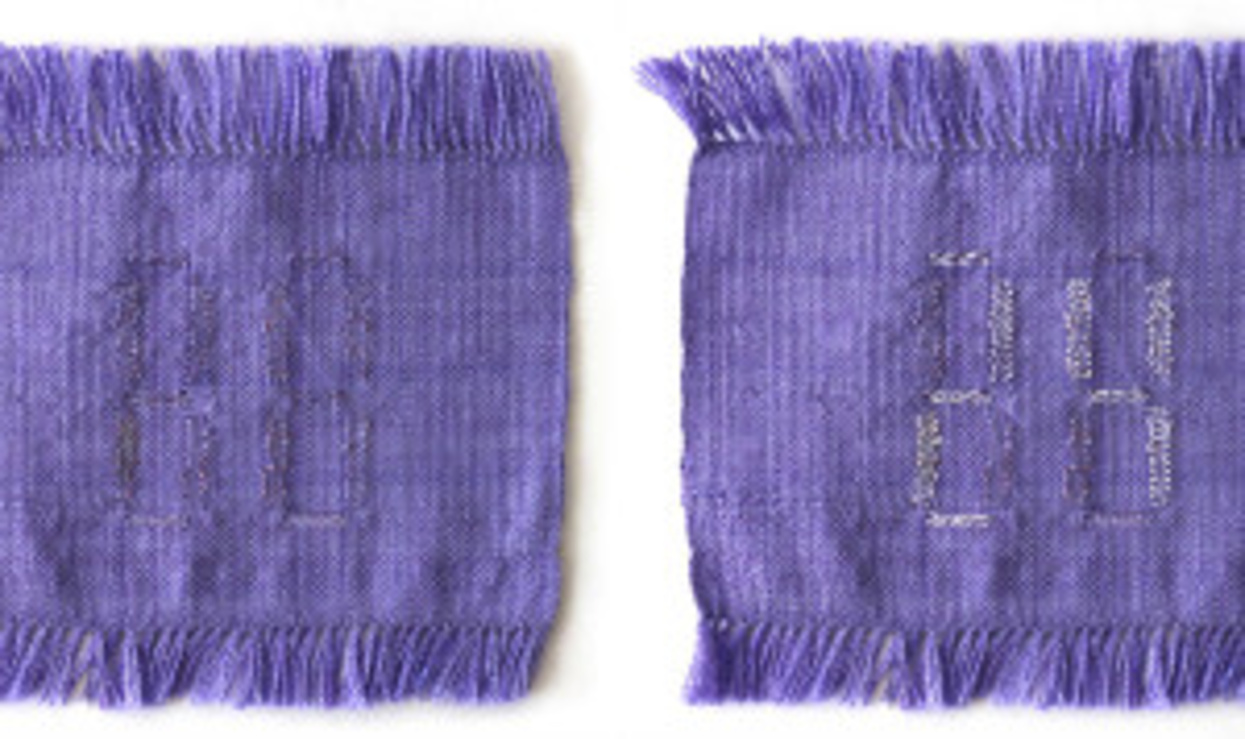Summer Research Opportunities: Hybrid Ecologies Lab

Looking for a summer research opportunity? The Hybrid Ecologies Lab, headed by Eric Paulos, is looking for skilled and passionate undergraduate and graduate students to join us this summer. The highly interdisciplinary Human Computer Interaction group, which explores a range of research topics from wearables and new media to digital fabrication machines, is looking for applications from EECS, ME, MatSci, Art, and CED.
If interested in the projects below, please contact the lead graduate researcher directly. Send an introduction and your resume; include:
- why you want to explore HCI research,
- which project you are interested in
- your skillset and what'd you like to develop
- your expected time commitment
Potential items to also include: projects in art, hardware, design, software; experience with physical computing, software engineering, mechanical design, biology, psychophysics, material science. What are your other commitments, and what are your future goals (academia, industry, undecided).
1. Cosmetic Computing: Interactive Fingernail Displays
Prototyping smart on-skin wearables and potential interactions
Graduate researcher: Christine Dierk (cdierk@berkeley.edu)
Over just the past few years, wearable technologies from activity tracking FitBits to networked smart watches have seen massive growth, adoption, and platform diversification. It’s clear that there is a broad range of applications and needs that various wearable technologies are able to support much better than other mobile computing platforms. Wearable technologies are similar to clothing in that they are taken on and off of the body; however, the body is also the site of numerous other potential skin interfaces and interactions.
In this project, we explore the potential for sensing, actuation, and interaction within false fingernails. Specifically, we are leveraging the affordances of wireless power and e-ink displays.
An undergraduate researcher on this project is expected to have practice in circuit prototyping and breadboarding. They are also expected to have experience in choosing components and understanding datasheets.
Skills: Circuitry and physical computing, Electrical prototyping
2. Hybrid Practice
Exploring the Fusion of Physical and Digital Art Practice
Graduate researcher: Cesar Torres (cearto@berkeley.edu)
Hybrid practice, or the conversation that arises from working with both digital and physical processes, has become especially relevant as digital fabrication technologies advance. This type of practice often strikes a tension largely motivated by traditional medium’s near-of-hand and digital media's distributed, fast, and random access.
Thus, we face a question of how creative design tools, both physical and digital, might be able to coalesce these two design parameters to support hybrid practice. In this work, we explore the explicit mediazation, the “tacking on of media”, of a traditional art practice. In particular we focus on intaglio, a printmaking practice where marks are etched or engraved on metallic plates, loaded with ink, and displaced onto paper using a printing press.
An undergraduate researcher on this project will be expected to be able to engage in hybrid practice; being both able to physically sketch (ability to generate “images” with physical media) as well as digitally sketch (ability to program “images” with digital media).
Skills: Drawing, HCI, Graphics, Web Programming (JS) [paperjs]
3. The Digital Craftsman
Transferring Tacit Knowledge with Digital Interfaces
Graduate researcher: Cesar Torres (cearto@berkeley.edu)
The invention of digital photography caused a significant shift from the need to know how to hand-develop film or adjust camera parameters. Today, “smart” interfaces handle this for us helping us produce “perfect” pictures; however much of the tacit knowledge that one learns from struggling with these devices is lost with this default setting. How might digital interfaces still assist users with navigating the design space while maintaining an understanding of material processes?
In this project, we explore thermoplastic forming as our domain of interest and design interfaces that bridge gaps in knowledge to allow users to develop an understanding of how materials work and respond.
An undergraduate researcher on this project will be expected to extract data from an environment (via sensors), reflect this data in an interface, and actuate responses to an environment (via actuators).
Skills: HCI, Physical Computing (e.g. Arduino), Craft
4. 2.5D Design
2.5D Computer Aided Design (CAD) Design Tool
Graduate researcher: Cesar Torres (cearto@berkeley.edu)
Reducing the complexity of digital modeling from three-dimensions has been shown to greatly aid novice users in designing and appropriating designs. This work explores a design tool for producing 2D graphics (grayscale height maps) that are converted into 2.5D digital models; we will be utilizing stereoscopic viewing to provide extra contextual cues to designers.
An undergraduate researcher on this project will be expected to learn and use a variety of digital fabrication tools including CNC mills, laser cutters, and 3D printers. This project will largely be software-focused.
Skills: Graphics, Web Programming (JS) [paperjs, threejs], Making
5. 2.5D Fabrication
Context specific CNC Machines for fabricating 2.5D geometries
Graduate researcher: Rundong Tian (rutian@berkeley.edu)
Form intricate 2.5D plastic geometries by incrementally applying heat. Build a machine to do this computationally.
Skills: Mechanical Design (Solidworks/Inventor), Fabrication (traditional machine shop tools, hand tools, additive CNC, subtractive CNC), Visual communication (sketching), Electrical protyping (PCB layout, embedded programming, controls), Web Programming (paperjs).
